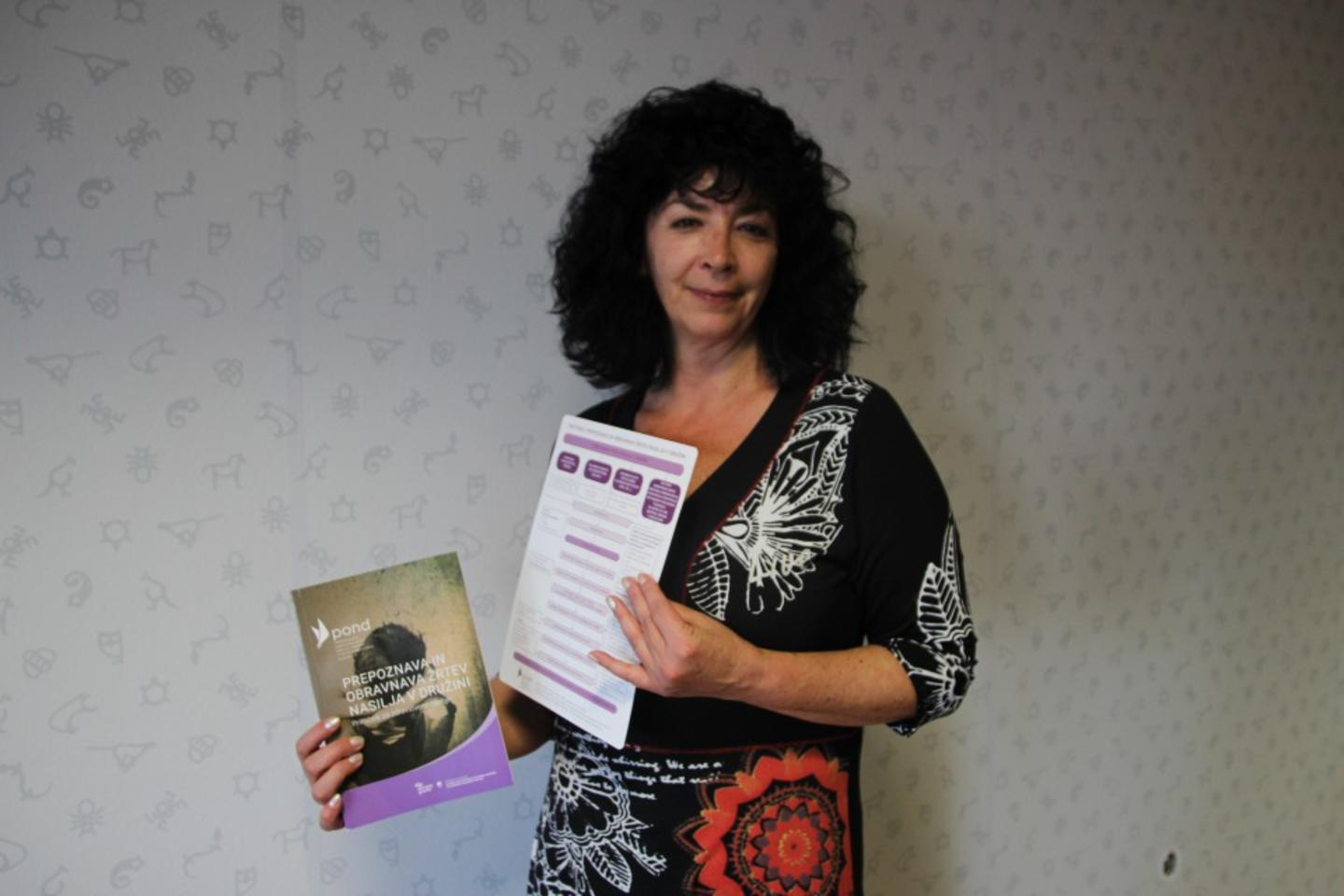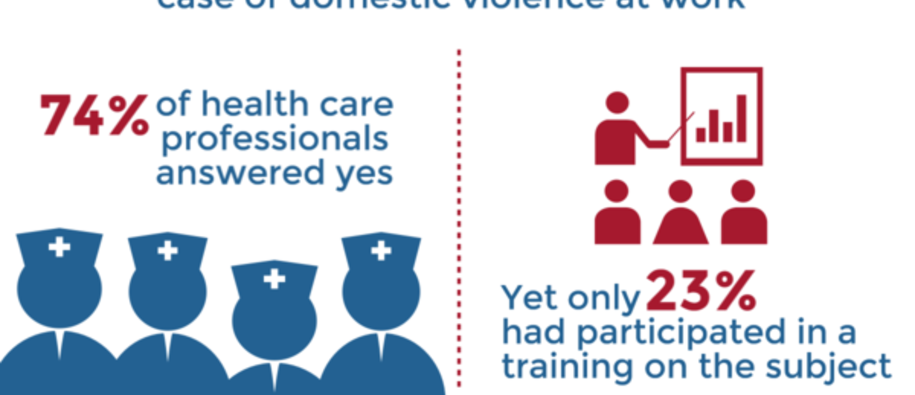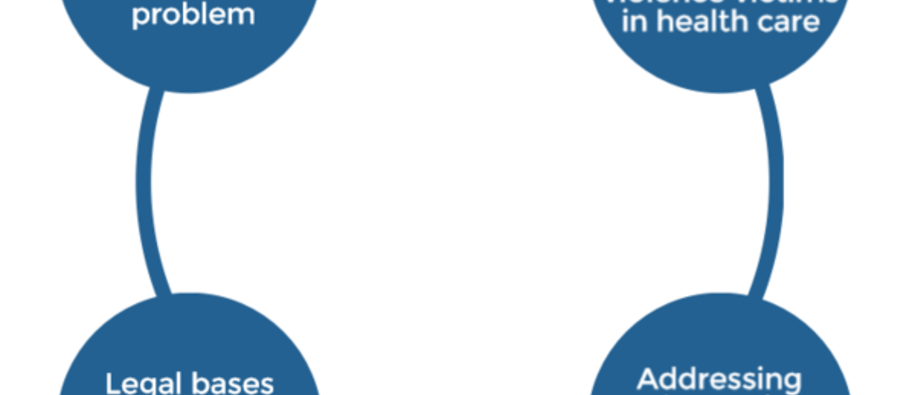Today marks the International Day for the Elimination of Violence against Women. Even though domestic violence is common and victims of domestic violence often seek help in the health care system, only around 20% of the cases are recognized by health care professionals. However, raising awareness and giving training courses to health professionals have generally been reported to facilitate recognition and treatment of domestic violence in health care settings.
Slovenia is still faced with insufficient procedures in this respect, despite legislation and recently adopted guidelines for recognizing and treating victims of domestic violence in health care settings. In practice, health workers rarely report on incidents of domestic violence and inter-sectoral cooperation with NGOs, social workers and the police is unsatisfactory. One of the main reasons is the lack of available systematic trainings, especially courses focused on improving health personnel’s competencies in recognising and treating domestic violence.
This will hopefully now change thanks to the project ‘Pond’ (which stands for ‘Recognizing and treating victims of domestic violence in health care settings: guidelines and training for health professionals’) which is supported by Norway Grants under the Public Health Initiatives programme in Slovenia.
The project is being implemented by a consortium of project partners comprising the Research Centre of the Slovenian Academy of Sciences and Arts, the Medical Chamber of Slovenia, the Maribor Social Service Centre, the Emma Institute (Support Centre for Victims of Violence) and the Brøset Forensic Department, Centre for Research and Education in Forensic Psychiatry St. Olavs University Hospital in Norway.
The main objective of the project is the implementation of the Family Violence Prevention Act in the health sector in order to increase the competence of health workers to recognise domestic violence. The establishment of an interdisciplinary educational platform will help health professionals improve their skills in recognising and responding to domestic violence in line with international practice in this area.
Measuring experiences
In order to provide high quality targeted training, the project first started out with a survey of experiences and expectations regarding recognising and responding to domestic violence in a group of Slovenian health care professionals and domestic violence victims.
448 workers from the health sector and 80 victims of domestic violence participated in the study. In addition 30 professionals, working with domestic violence victims were interviewed.
Some of the main findings of the survey were that when asked whether they had ever encountered a case of domestic violence at work, 74% of the health professionals answered yes, however only 23% had ever participated in a training on this subject.
Victims of domestic violence that participated in this study gave the following replies (ranked in order of most common replies) when asked why they have not discussed their situation with health professionals:
1) I think that domestic violence is not an issue which I could discuss with health care professional
2) I believe health care professional cannot offer me help
3) The perpetrator denies me the access to medical assistance
4) I believe medical staff does not have time to talk about domestic violence.
5) I have bad experience with communicating to health care professionals
6) I believe my privacy is not guaranteed in health care facilities.
Educational platform
Based on the experiences with this survey, the project promoter and its partners have developed an educational platform consisting of a handbook and quick response sheets as well as quick response codes apps for smart phones, training materials and actual trainings being carried out focusing on 4 thematic areas:
At the moment this is the most comprehensive educational platform in Slovenia, primarily focused on health workers, but also useful for other sectors, as well for (potential) victims of domestic violence. Around 1.5 million leaflets have been distributed among Slovenian health institutions - to alert patients that in cases of domestic violence they can also seek for help in the health sector.
Bilateral cooperation
The partnership with Brøset Forensic Department (Centre for Research and Education in Forensic Psychiatry at St. Olav’s Hospital in Norway) contributes to the project with the Norwegian experience and knowledge into designing trainings for health workers in Slovenia, aiming at ensuring better responsiveness of the healthcare sector to the victim's needs and particular risks of vulnerable groups such as migrants, Roma, unemployed, the elderly and the rural population.


